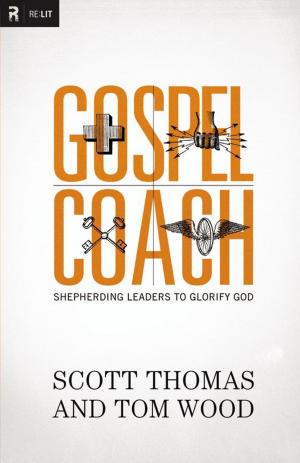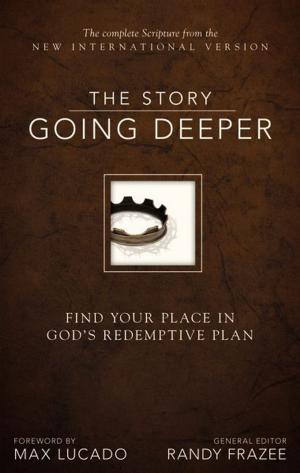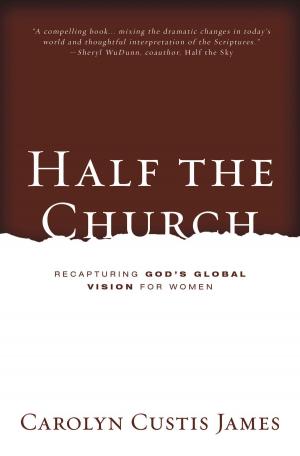Fatherless Generation
Redeeming the Story
Nonfiction, Religion & Spirituality, Christianity, Christian Life| Author: | John A. Sowers | ISBN: | 9780310555889 |
| Publisher: | Zondervan | Publication: | October 2, 2010 |
| Imprint: | Zondervan | Language: | English |
| Author: | John A. Sowers |
| ISBN: | 9780310555889 |
| Publisher: | Zondervan |
| Publication: | October 2, 2010 |
| Imprint: | Zondervan |
| Language: | English |
The story of fatherlessness is being written into the heart of this generation. It can be heard in our songs, seen in our movies, read in our blogs. It is a story of grief, pain and loss. A story of shame, loneliness and rejection. A story of missed potential and wasted opportunity. A story that desperately needs to be heard. But fatherlessness is more than a personal tragedy. It is a growing epidemic affecting more than the single life of an individual. Fatherless youth are the driving force behind our society’s biggest problems such as: gangs, teenage pregnancy, drug abuse and suicide. And all too often, the fatherless are either marginalized or ignored. How should we respond? How do we meaningfully engage the growing story of fatherlessness? How can the faith community enter into and begin rewriting this tragic story? It is in relationship that this generation has been wounded the most deeply; therefore, it is in relationship where the healing must begin. Intentional, intergenerational mentoring is the secret and foundational ingredient behind this new story of hope. Mentoring is also the most strategic way to reconcile the fatherless generation with God. As we make ourselves sacrificially available to this generation, we will begin to see a new wave of transformation—hope born in the story of changed destinies and lives.
The story of fatherlessness is being written into the heart of this generation. It can be heard in our songs, seen in our movies, read in our blogs. It is a story of grief, pain and loss. A story of shame, loneliness and rejection. A story of missed potential and wasted opportunity. A story that desperately needs to be heard. But fatherlessness is more than a personal tragedy. It is a growing epidemic affecting more than the single life of an individual. Fatherless youth are the driving force behind our society’s biggest problems such as: gangs, teenage pregnancy, drug abuse and suicide. And all too often, the fatherless are either marginalized or ignored. How should we respond? How do we meaningfully engage the growing story of fatherlessness? How can the faith community enter into and begin rewriting this tragic story? It is in relationship that this generation has been wounded the most deeply; therefore, it is in relationship where the healing must begin. Intentional, intergenerational mentoring is the secret and foundational ingredient behind this new story of hope. Mentoring is also the most strategic way to reconcile the fatherless generation with God. As we make ourselves sacrificially available to this generation, we will begin to see a new wave of transformation—hope born in the story of changed destinies and lives.















